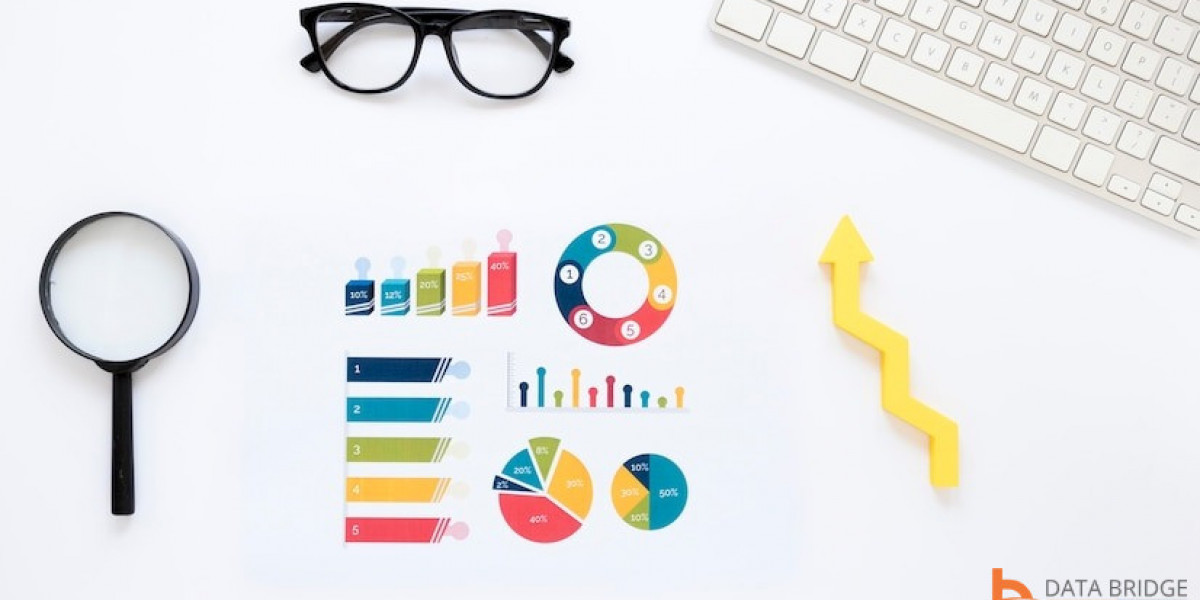What Is Accounting Technology?
Accounting technology refers to the digital tools and systems used to record, process, and analyze financial transactions. These technologies have evolved from simple spreadsheet software to sophisticated AI-driven platforms that automate bookkeeping, tax calculations, and financial reporting.
Key Components of Accounting Technology:
Cloud Accounting – Platforms like QuickBooks Online, Xero, and FreshBooks allow businesses to access financial data from anywhere, improving efficiency and collaboration.
Artificial Intelligence (AI) & Machine Learning – AI-driven accounting software can categorize transactions, detect fraud, and generate financial insights.
Blockchain – This decentralized ledger technology enhances security, transparency, and efficiency in financial transactions.
Robotic Process Automation (RPA) – Automates repetitive accounting tasks like invoice processing and payroll management, reducing human error.
Big Data & Analytics – Advanced analytics help businesses make data-driven financial decisions and improve forecasting accuracy.
How Do You Choose the Right Accounting Technology?
With numerous accounting software and tools available, selecting the right technology for your business is crucial. Here are key factors to consider:
1. Assess Business Needs
Identify specific pain points in your accounting process.
Determine if you need automation, cloud storage, AI-powered analytics, or other
advanced features.
2. Scalability & Flexibility
Choose software that can grow with your business.
Ensure it integrates with other financial tools and ERP systems.
3. User-Friendliness & Support
Select intuitive software with an easy learning curve.
Seek out sites that offer trustworthy training materials and client service.
4. Security & Compliance
Ensure the software follows industry regulations like GAAP or IFRS.
Opt for platforms with robust cybersecurity measures, such as encryption and multi-factor authentication.
5. Cost & ROI
Compare subscription costs and licensing fees.
Evaluate the potential return on investment (ROI) in terms of time savings and error reduction.
Future of Accounting with Technology Transformation
The future of accounting is being shaped by rapid technological advancements. Accountants will transition from manual data entry roles to strategic financial advisors, leveraging technology for better decision-making.
1. AI & Automation Will Handle Routine Tasks
AI-powered accounting software will eliminate the need for manual bookkeeping.
Machine learning algorithms will analyze transactions, detect anomalies, and generate real-time reports.
2. Blockchain Will Improve Security & Transparency
Blockchain will revolutionize auditing and financial transactions by providing an immutable and transparent ledger.
Smart contracts will automate compliance and regulatory reporting.
3. Cloud-Based Solutions Will Dominate
Cloud accounting will become the standard, enabling remote access and real-time collaboration.
Businesses will rely on cloud-based financial planning and forecasting tools.
4. Big Data & Predictive Analytics Will Drive Decision-Making
Advanced data analytics will help businesses anticipate financial trends and mitigate risks.AI-powered dashboards will provide real-time insights for smarter decision-making.
5. The Role of Accountants Will Evolve
Accountants will shift from number-crunching to providing strategic business insights.
Soft skills like critical thinking, problem-solving, and advisory services will become essential.
Required Skills for Future Accountants
As technology continues to transform the accounting profession, accountants must develop new skills to stay relevant.
Key Skills:
Technological Proficiency – Familiarity with AI, data analytics, and cloud-based accounting tools.
Data Analysis & Interpretation – Ability to analyze complex financial data for strategic decision-making.
Cybersecurity Awareness – Understanding of data security measures to protect sensitive financial information.
Critical Thinking & Problem-Solving – Identifying financial trends and providing strategic solutions.
Communication & Advisory Skills – Ability to explain financial insights to non-accounting professionals.
Benefits of Technology in Accounting
Technology in accounting offers numerous benefits that enhance efficiency, accuracy, and financial transparency.
Key Benefits:
Automation Reduces Errors – AI-driven automation minimizes human errors and improves accuracy in financial reporting.
Enhanced Efficiency – Cloud-based accounting software enables real-time collaboration and faster decision-making.
Improved Compliance – Automated tax calculations and reporting reduce compliance risks.
Better Fraud Detection – AI and blockchain enhance security by detecting suspicious transactions.
Cost Savings – Reduced need for manual data entry and administrative tasks leads to lower operational costs.
What Are the Challenges Smaller Companies Face in Adopting Advanced Technology?
While technology offers significant benefits, smaller businesses may encounter challenges in adopting advanced accounting solutions.
Key Challenges:
High Implementation Costs – Advanced software and automation tools can be expensive for small businesses.
Limited IT Expertise – Small businesses may lack the technical expertise required for seamless integration.
Data Security Concerns – Cloud-based accounting solutions may pose cybersecurity risks without proper safeguards.
Resistance to Change – Employees may be hesitant to transition from traditional methods to new technology.
Software Compatibility Issues – Some accounting tools may not integrate well with existing business systems.
Key Competencies for Accountants in The Evolving Business Landscape
To thrive in the changing accounting landscape, accountants need to develop key competencies beyond traditional financial skills.
Essential Competencies:
Adaptability & Continuous Learning – Staying updated with the latest accounting technologies and trends.
Business Acumen – Understanding business operations and financial strategy to provide valuable insights.
Regulatory Knowledge – Keeping up with evolving tax laws, compliance requirements, and financial regulations.
Collaboration & Leadership – Working across teams and leading digital transformation initiatives.
Ethical Decision-Making – Upholding transparency, integrity, and ethical financial practices.
Conclusion
Technology is redefining accounting, making it more efficient, accurate, and strategic. From AI-driven automation to blockchain security, the industry is moving towards a future where accountants act as financial strategists rather than data entry specialists. By embracing modern accounting technologies, businesses can streamline operations, enhance decision-making, and stay ahead in an increasingly digital world. Choosing the right technology today will ensure a smooth transition into the future of accounting.
Link: https://www.nippondata.co.uk/










